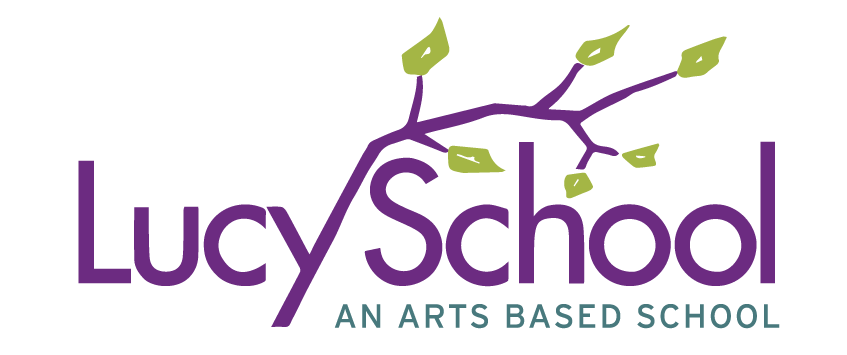
Supported by the Arts, inspired by the natural world
Available Schedules
Young Three’s
Turning three between Sept 1 & April 30
Two days: Thursday/Friday 8:50 - 11:50
Preschool Three’s
Turning three before Sept 1st
Five days: Monday - Friday 8:50 - 2:50
Three days: Monday/Tuesday/Wednesday 8:50 - 2:50
Two days: Thursday/Friday 8:50 - 2:50
Preschool Four’s
Turning Four before Sept 1st
Five days: Monday - Friday 8:50 - 2:50
Three days: Monday/Tuesday/Wednesday 8:50 - 2:50
All programs are dismissed from 1:50-2:10 each Friday.
Language Development:
In preschool, we construct activities that support meaningful development. Drama and language arts develop speaking, listening, reading, and writing skills. Taking on different roles in drama allows children to explore language.
Social Emotional Learning:
The arts stir curiosity and provoke questions and idea-sharing. Problem-solving, communication, and understanding perspectives are inherent in our creative and social process. Children learn to express and explore feelings and build a sense of belonging and relationship.
Mathematics:
In Moving Through Math, the logic and thinking of mathematics are integrated with music, dance, and dramatic play, developing deep creative and analytical thinking skills. Children have various opportunities and materials to sort, count, measure, compare, and solve problems with hands-on lessons.
Creative Arts & Process Drama:
The arts require children to engage their imaginations and stretch their creative thinking abilities. Our students create, participate in, and respond to high-quality and meaningful musical, visual, and dramatic arts experiences daily. We emphasize process over product. In Process Drama, the teacher and students work together to create an imaginary dramatic world and work within that world to explore particular problems, situations, and experiences.
Science:
Students are engaged in hands-on, integrated projects exploring concepts that link their lives and experiences with the larger community. Young children use all of their senses to gather information about the world around them. Teacher-guided exploration supports science observation with various opportunities, materials, and tools. Students develop a strong understanding of the natural world through organic exploration and hands-on investigations.

